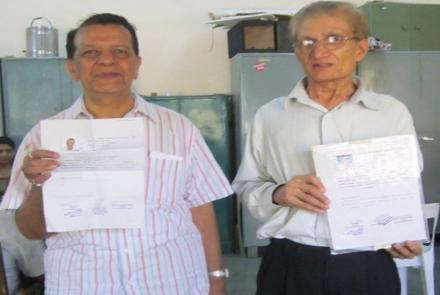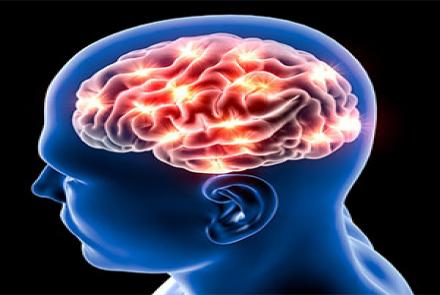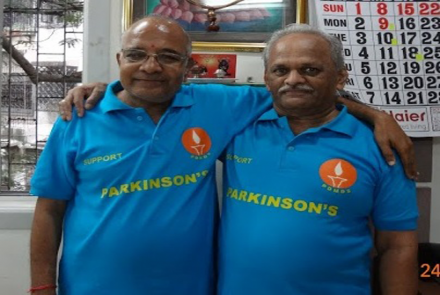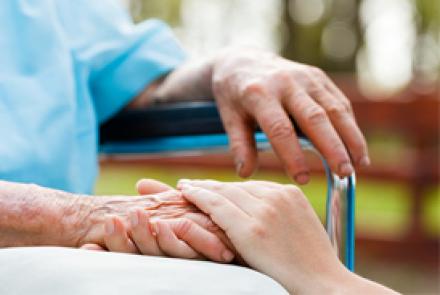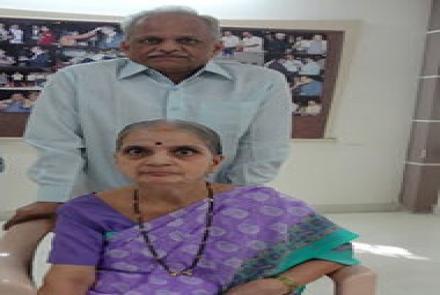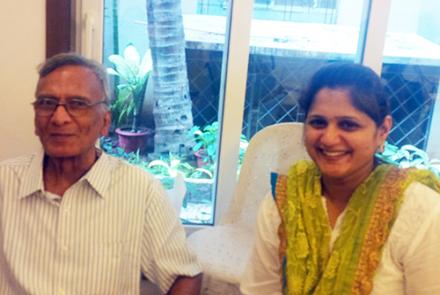
Dr. Pettarusp Wadia, Consultant Neurologist and Movement Disorder Specialist, Jaslok Hospital and Research Centre, Mumbai, speaks to Dr Shital Raval about the latest treatments to manage Parkinson’s Disease.
Is Parkinson's a genetic condition?
In about 5% of the adult population and 25% of the young-onset Parkinson's disease population, a single gene can be identified. However research is on to identify if certain genes make a person more susceptible to develop Parkinson's
What are the early signs of the onset of Parkinson's?
Tremors, slowness of movement, stiffness and frozen shoulder, imbalance when walking and falls. If you have any of these symptoms see a neurologist.
Can the disease progression be slowed or stopped?
Unfortunately this cannot be stopped. There have been several trials with oral drugs including selegline, rasagiline and coenzyme Q. All have failed to show a clear benefit in preventing the progression of the disease.
There is interesting data on exercise and Parkinson's disease, which is emerging from Netherlands. This shows that rigorous aerobic exercise done on a regular basis may slow the progression of Parkinson's disease. Larger multicentre trials are under way to confirm the same.
However as there are no side effects to exercise, till the data of the larger studies emerge, it may not harm to undergo rigorous physical exercise (aerobic exercises including running, jogging, swimming, cycling and aerobics).
Are there new medications or surgeries?
There are several drugs available to treat the symptoms of patients with Parkinson's disease.
In advanced stages when patients get time-locked to their medication and have motor fluctuations where they are having good periods where they can move when the medication effect is there (ON period) and bad periods when the medication wears off (OFF periods), we first try to optimise the medical treatment regimen. If that does not help, the options include pump therapy (duodopa or apomorphine pumps) which are available in certain countries (not yet in India) or deep brain stimulation surgery (DBS). DBS is a specialised procedure available in India since 1998 where a neurostimulator is implanted giving pulsatile stimulation to a certain area of the brain improving symptoms of Parkinson's disease. It is available in a few select centres across India.
What is the recommended lifestyle?
The only diet change is avoidance of proteins with medications. After a certain point in the disease, proteins prevent the Parkinson's medication from being absorbed. Exercise benefits at all stages. Yoga has also been found to be beneficial. Dance therapy is being researched.
Can you talk about the impact of stress on Parkinson's.
Stress worsens tremors in Parkinson's disease and also worsens the symptoms of Parkinson's disease. Hence stress management, treating depression associated with Parkinson's disease can be of immense benefit.
What are the 3 things that the family needs to prepare for as the disease progresses?
- Emotionally to face disease progression and provide care when required
- Financially to face expensive treatment options including surgery
- Socially to face job challenges, social life when living with Parkinson's disease
Can Parkinson's be prevented?
No
Does Parkinson's always result in disability? What can you do to delay it?
Not necessarily. You can exercise to delay disability.


